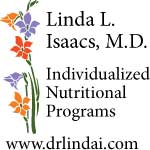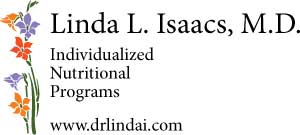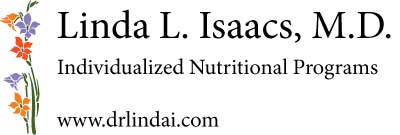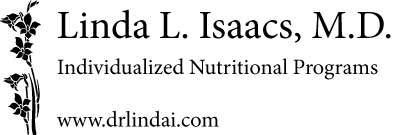Exercise
Exercise has remarkable benefits for health, and exercise in groups, such as a class or a walk with a friend, is a good way to socialize. Because our patients vary widely in their level of fitness, it is hard to make detailed recommendations, but a 2019 study showed that beginning or continuing exercise after a cancer diagnosis is beneficial for survival, even at low to moderate frequency. A 2022 publication reported that prolonged sitting during the day and low levels of activity were both detrimental to health in cancer survivors.
If you have been sedentary, start gently, perhaps by taking walks and pushing yourself to get slightly short of breath, gradually increasing the time. If you are accustomed to vigorous exercise, you should be sure to include two or three rest days each week, which give your body the time it needs to repair. Regardless of how fit you have been, you may be more likely to strain a muscle or tendon if you are also dealing with a serious health issue.
Whether you have been sedentary or fit, sitting for long periods of time is not good for you. Make a point of standing and moving about on a regular basis, and look at the time standing in the kitchen preparing healthy food as beneficial in more than one way.
Exercises that develop a better sense of balance are especially important. Click here for some suggestions from the Mayo Clinic.
One patient with fibromyalgia improved dramatically using the exercise program Essentrics. For more information about this particular approach, visit their website or check out their videos on YouTube.
Something as simple as arm swinging, while standing or sitting, has been shown by researchers in Thailand to be useful for improvement of pulmonary function and of cognition in sedentary older patients. By encouraging flexibility in the thoracic outlet, arm swinging might also improve lymphatic circulation. There are videos on the subject on YouTube, but they look more vigorous, the arm going through a wider arc than what was described in the studies. Start slowly.



